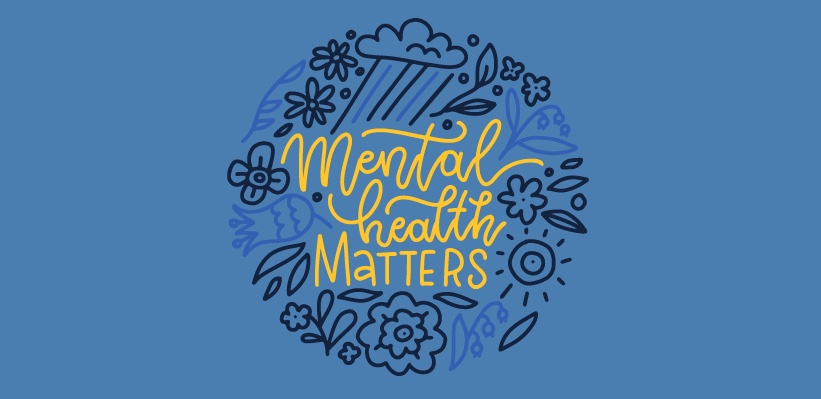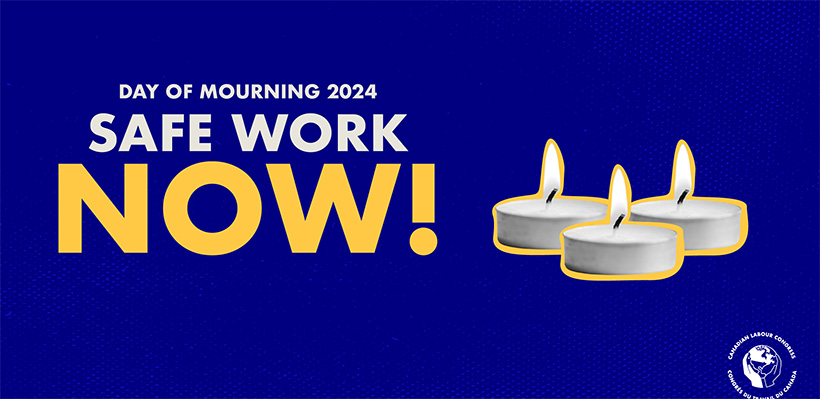
If you find your mood taking a turn for the worse during winter, you are far from alone.
Seasonal Affective Disorder (SAD) is a type of depression which affects tens of thousands of Canadians every year.
Brought on by the lack of sunlight during the winter months, SAD can manifest itself through depressive symptoms, which range from sadness to trouble concentrating to feeling hopeless.
“Our members may experience various stressors and pressure at work, and that may be compounded by the impact of the winter season on their mood,” said Rick Young, Health and Safety Representative for UFCW 1006A. “You are not alone and there is light at the end of the tunnel and you can take counteractive measures to preserve your mental health.”
The Canadian Mental Health Association reports that 15% of Canadians experience the winter blues while 2 to 3% experience SAD with more intense symptoms for a lengthier period.
The shorter daylight hours, colder weather as well as prolonged darkness in the winter seasons generally causes people to avoid activities that were once fulfilling for them, such as exercising, seeing friends, outdoor activities, or any activity that would require us to leave our homes. Staying indoors for prolonged periods can exacerbate existing depressive symptoms into suicidal ideation if left untreated for an extended amount of time.
What are symptoms of SAD?
- Feeling depressed
- Sadness
- Reduction of energy
- Loss of concentration and interest in activities
- Feelings worthlessness or hopelessness
- Trouble sleeping and oversleeping
- Nausea
- Trouble remembering
- Loss of appetite
- Craving fatty or carbohydrate-rich foods
- Weight loss/weight gain
- Social withdrawal
- Suicidal thoughts
Helpful Tips
- Get sunlight whenever you can, to ensure you get sufficient Vitamin D to protect your overall mood.
- Make exercise a part of your daily routine – being active for 20 minutes three times a week will release dopamine and serotonin to make you feel better.
- Reading and journaling about your emotions and day will help you with stress relief and self-expression.
- Engage in activities you enjoy.
- Spend time with family or friends.
- Get rest and uninterrupted sleep for at least 8 hours a day to reduce your fatigue and protect your mood.
- Eating healthy foods and avoiding sugary food.
- See a doctor if your symptoms last more than a few weeks or to find out if you require Vitamin D supplements.
- Utilize your Employee Assistance Program (EAP) through work if available.











